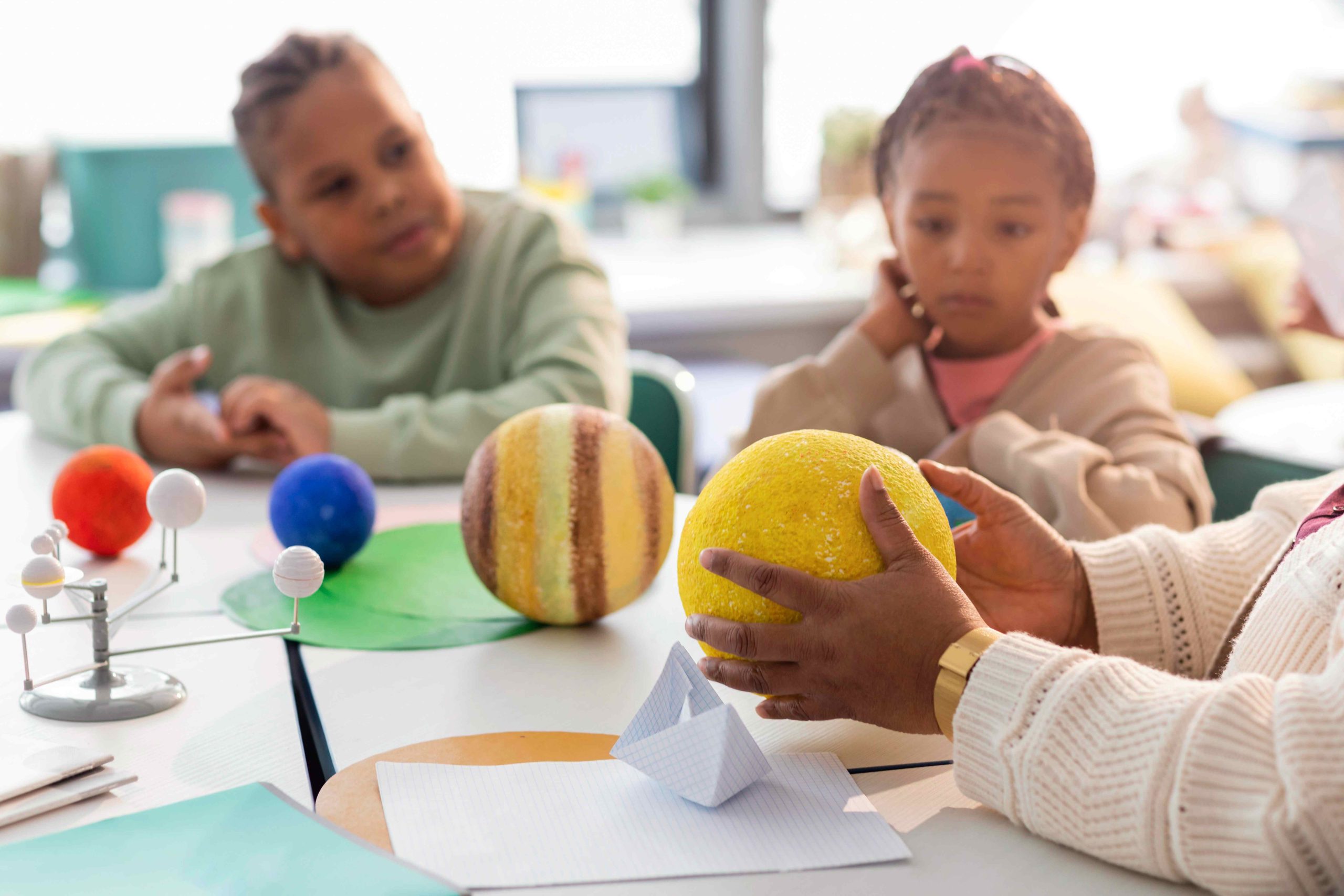
Preschool Lesson Plans: Integrating Play-Based Learning and Interactive Experiences
To create engaging and educational preschool lesson plans, it’s vital to incorporate play-based learning and interactive experiences. This approach acknowledges the significance of play in preschoolers’ development and leverages it for learning purposes. Let’s explore effective strategies for incorporating play-based learning and interactive experiences into preschool lesson plans.
The Significance of Play-Based Learning for Preschoolers
Play is integral to preschoolers’ development, fostering exploration, experimentation, and learning. It nurtures creativity, imagination, and problem-solving abilities. By embracing play-based learning, preschoolers can acquire skills in a fun and engaging manner, at their own pace, fostering socialization and communication skills.
Integrating Play-Based Learning into Lesson Plans
Diverse approaches can embed play-based learning in lesson plans:
Sensory Play
Engaging preschoolers’ senses through activities like sorting colored objects or exploring textured materials can enhance fine motor skills and cognitive development.
Dramatic Play
Role-playing scenarios such as community helpers not only ignite creativity but also nurture social skills and empathy.
Games
Utilizing games to reinforce concepts like counting not only sharpens cognitive skills but also enhances attention span and turn-taking abilities.
Art
Art activities not only foster creativity but also refine fine motor skills through projects like shape collages.
Music and Movement
Activities combining music and movement promote gross motor skills, coordination, and teamwork, such as imitating animal movements.
Interactive Experiences for Preschoolers
Alongside play-based learning, interactive experiences enrich preschool lesson plans:
Field Trips
Exploring new environments like nature trails reinforces classroom learning and provides hands-on experiences.
Guest Speakers
Inviting professionals like police officers to share insights not only diversifies learning but also offers real-world connections.
Experiments
Hands-on experiments, such as sink or float tests, promote scientific inquiry and critical thinking skills.
Games and Activities
Engaging activities like food group bingo make learning enjoyable while reinforcing educational concepts.
Considerations for Effective Implementation
Several factors ensure the successful integration of play-based learning:
Firstly, align activities with learning objectives to ensure educational relevance.
Secondly, tailor activities to suit preschoolers’ developmental stages and abilities.
Thirdly, foster a supportive learning environment where preschoolers feel safe to explore and learn.
Fourthly, involve parents and guardians to enhance learning beyond the classroom.
Lastly, regularly evaluate and adjust lesson plans to optimize learning experiences.
Benefits of Play-Based Learning and Interactive Experiences
Incorporating play-based learning and interactive experiences into preschool lesson plans yields numerous benefits:
Notably, it fosters holistic development, nurturing cognitive, social, emotional, and physical skills.
Moreover, it enhances personal growth, promoting self-expression, socialization, and empathy.
Furthermore, it cultivates inclusivity and diversity, fostering understanding and appreciation of different perspectives.
Ultimately, prioritizing play-based learning and interactive experiences empowers preschoolers for academic success and lifelong learning.
While leveraging technology can enhance learning, it’s crucial to balance its use to avoid negative impacts on preschoolers’ well-being.


